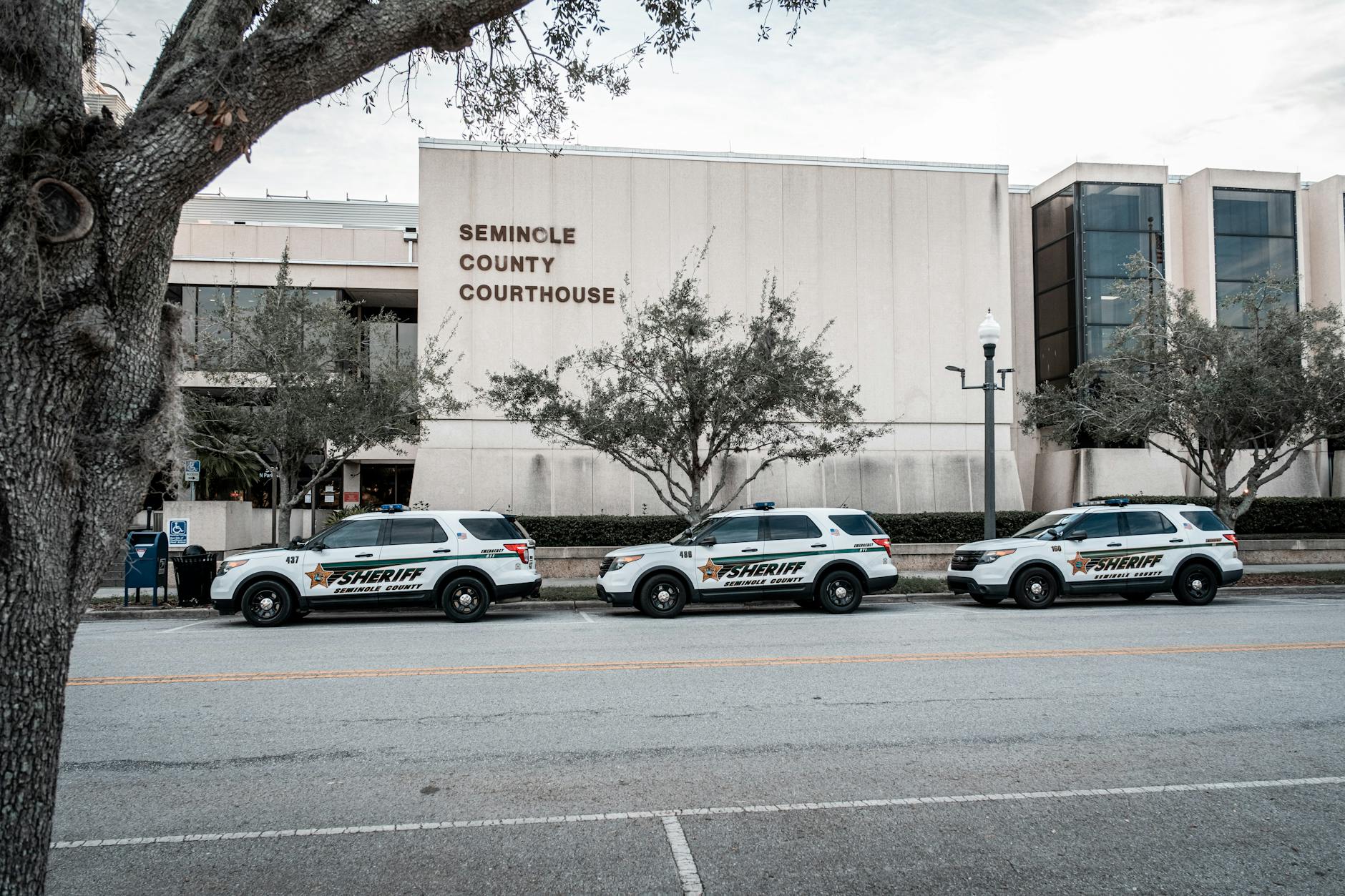Parking Firm Faces Second Legal Setback Over Fine Dispute
Court Reaffirms Decision Against Excel Parking in Consumer Case
A recent court ruling has once again favored a consumer in a dispute with a private parking enforcement company, highlighting ongoing tensions in the sector. Excel Parking Services has been ordered to pay £10,240 after losing a legal challenge for the second time, stemming from a parking charge notice issued to 22-year-old Hannah Robinson. This case underscores the complexities and frustrations consumers can face when contesting private parking fines.
The Genesis of the Dispute: A Parking Charge Notice
The initial incident, which led to the protracted legal battle, involved a parking charge notice issued to Ms. Robinson. While the specific details of the alleged infraction are not extensively elaborated in the reporting, the core of the matter revolves around the validity and enforcement of private parking regulations, which are often a point of contention between motorists and operators. These private operators, unlike local authorities, are not subject to the same public accountability mechanisms, leading to frequent debates about fairness and transparency in their operations.
Legal Proceedings and the First Verdict
Excel Parking Services initially took Ms. Robinson to court over the unpaid charge. However, they failed to present a compelling case, resulting in a ruling against them. The exact reasons for their initial failure are not detailed, but such outcomes often arise from procedural errors, a lack of sufficient evidence to support the claim, or the court finding the parking operator’s actions to be unreasonable or unlawful. This initial loss set a precedent for the subsequent legal actions.
The Appeal and the Second Defeat
Following the first unfavorable judgment, Excel Parking Services decided to appeal. This appeal process brought the case before a higher court, where the previous decision was reviewed. According to the BBC report, Excel Parking lost the appeal, leading to the confirmation of their liability and the subsequent payment order of £10,240. The significant sum awarded likely includes the original fine, legal costs incurred by Ms. Robinson, and potentially other damages or penalties deemed appropriate by the court. The fact that the appeal was also lost suggests fundamental weaknesses in Excel Parking’s arguments or evidence.
Broader Implications for Private Parking Companies
This case, while specific to Excel Parking and Hannah Robinson, reflects a larger pattern of consumer dissatisfaction with the private parking industry. Many consumers report difficulties in understanding signage, unfair penalty charges, and burdensome appeals processes. Consumer advocacy groups often point to the power imbalance between large parking companies and individual motorists, arguing for greater regulation and oversight. The significant financial penalty in this instance could serve as a deterrent to other parking firms that engage in aggressive or legally dubious enforcement practices.
Consumer Rights and Navigating Parking Fines
For motorists, this case reinforces the importance of understanding their rights when issued a private parking charge notice. While appealing a private parking fine can be a daunting process, consumers often have recourse through independent appeals services or, as demonstrated, the court system. Key considerations include carefully examining the signage at the parking location, checking the details of the charge notice for accuracy, and understanding the specific terms and conditions of parking. Companies like Excel Parking operate under contractual agreements with landowners, and the enforceability of these contracts, as well as the specific charges levied, can be subject to legal scrutiny.
What the £10,240 Represents
The £10,240 figure awarded to Ms. Robinson is a substantial amount and suggests more than just the original parking fine was accounted for. Typically, such awards in consumer disputes include legal costs, interest, and potentially compensation for distress or inconvenience caused by the prolonged legal battle. The size of the award may also be intended to reflect the company’s repeated failure in legal proceedings. It is important to note that specific breakdowns of this figure, beyond the context of a legal loss, are not provided in the source material.
The Road Ahead for Private Parking Enforcement
The outcome of this case could influence how private parking companies operate and manage their disputes with consumers. A consistent trend of consumer wins in court may prompt a re-evaluation of their enforcement strategies, including the clarity of signage, the proportionality of fines, and the fairness of their internal appeals procedures. As the sector continues to evolve, there is an ongoing discussion about whether the current regulatory framework is sufficient to protect consumers from potentially predatory practices. Future legal challenges and potential regulatory changes will likely shape the landscape of private parking enforcement.
Key Takeaways for Motorists
- Private parking charges are legally distinct from council-issued fines and are often contractual.
- Thoroughly review parking signage and terms before leaving your vehicle.
- Keep detailed records and photographic evidence if you believe a charge is unfair.
- Familiarize yourself with consumer rights and dispute resolution options available.
- Challenging a private parking fine can be a lengthy process, but favorable outcomes are possible.














